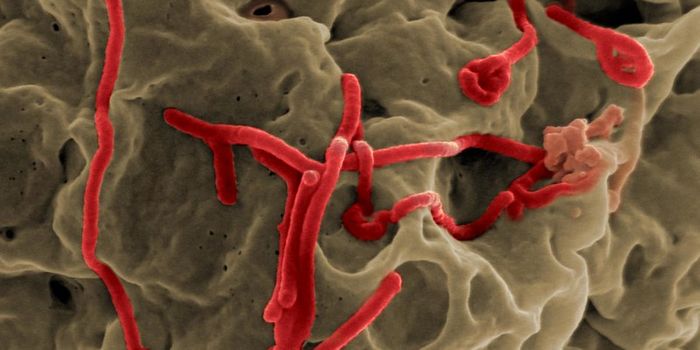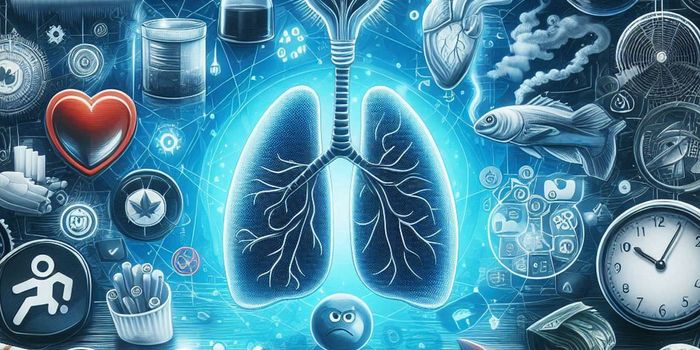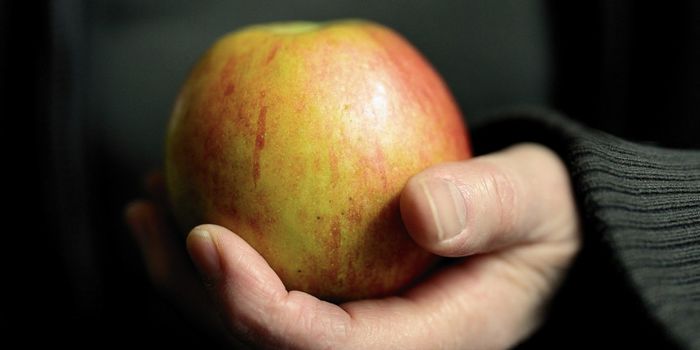Extreme Isolation can Cause Physical Brain Changes
By this point in the year, you’ve either heard or uttered the phrase “quarantine brain.” While the actual cognitive or physiological effects of COVID-19-induced social distancing and remote work have yet to be quantified, many are certainly feeling like something is off. A recent report from Scientific American took a closer look at how isolation in extreme environments physically impacts the brain.
To understand the impacts of long-term isolation, researchers studied a crew of Antarctic researchers who spent 14 months on the deserted continent. According to this report, researchers were shocked to discover that actual physical changes occurred in the crew members’ brains. According to the report, their brains were “profoundly altered” in just 14 months as most crew members lost volume in part of the hippocampus. While this research does not account for the abilities that they lost, the report considered these changes similar to those seen in the brains of patients with depression or Alzheimer’s disease.
Scientific American reports that these brain changes are similar to those of prisoners who have spent time in solitary confinement. According to Scientific American, scientists believe that these prisoners develop post-traumatic stress disorder or depression due to social isolation and sensory deprivation. Additionally, as stated in the video, an analysis of 3,000 psychological studies published by researchers earlier this year showed high rates of PTSD in those who underwent quarantine during recent pandemics.
Recent research using mice has demonstrated that brain damage induced by isolation goes far beyond the hippocampus region. Scientists studied the stress response and Tac2 signaling in mice that were isolated from one other for weeks. While they showed aggression and other violent social behavior, the stress response throughout the brain surprised researchers the most. The isolated mice featured Tac2 and additional stress signaling molecules across many parts of the brain, not just in the regions expected by the researchers (such as the amygdala).
As Scientific American reported, some experts consider confinement a positive experience and point to astronauts as a leading example. However, as clarified in the video, astronauts are chosen for their resilience and also receive support from programs designed to help their physical and interpersonal reintegration on Earth.
While the cases illustrated by Scientific American are extreme examples, they’re bold examples of how humans quickly adapt to extreme environments and situations. Although most humans are unlikely to experience this level of brain alteration from COVID-19 social distancing, Scientific American reminds that proper exercise, an antioxidant-rich diet, and deep REM sleep are essential for a healthy hippocampus.
Sources: Scientific American









